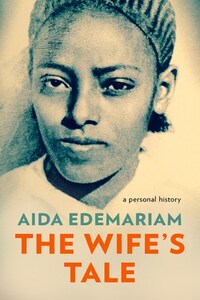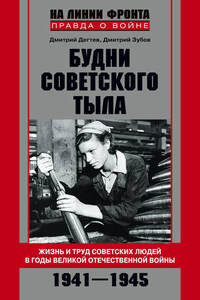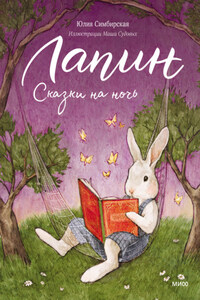4th Estate
An imprint of HarperCollinsPublishers
1 London Bridge Street
London SE1 9GF
www.4thEstate.co.uk
This eBook first published in Great Britain by 4th Estate in 2018
Copyright © Aida Edemariam 2018
Cover photograph by an unknown Italian, reproduced by permission of Professor Edemariam Tsega and Dr Frances Lester
Aida Edemariam asserts the moral right to be identified as the author of this work
A catalogue record for this book is available from the British Library
All rights reserved under International and Pan-American Copyright Conventions. By payment of the required fees, you have been granted the nonexclusive, non-transferable right to access and read the text of this e-book on screen. No part of this text may be reproduced, transmitted, downloaded, decompiled, reverse engineered, or stored in or introduced into any information storage retrieval system, in any form or by any means, whether electronic or mechanical, now known or hereinafter invented, without the express written permission of HarperCollins e-books.
Source ISBN: 9780007459605
Ebook edition: February 2018 ISBN: 9780007459612
Version: 2018-01-03
THE THIRTEENTH MONTH
Rains broken by occasional sunshine. Examination of boys in church school to decide who will be deacons. End of fiscal year. New Year’s Eve.
Four coals huddled into a low clay pot, glowing red through their films of ash. My grandmother reached in among the folds of her shawl and drew from a small pouch a kernel of frankincense. She dropped it among the coals and at once it melted, hissing, releasing sweet smoke that rose and tangled with the smell of roasting coffee, of rain gathering beyond the open door, of unfurling earth.
If it rains on Ruphael’s Day, my grandmother said, the water is holy. When we were children we’d tear off our clothes and dance through it singing. And if there was a rainbow it was as though Mary’s sash had been thrown across the sky.
Above our heads, on the corrugated-iron roof, the rain began. Thud. Thud. Thud-thud. Each drop carrying with it a sense of great chill distances travelled, of interrupted speed.
And all through Pagumé anyone young went down to the rivers before dawn, said my grandmother. You had to get to the water before the birds could taste it. She held the round-bellied pot high, so the coffee clattered into the little porcelain cups. Added sugar, or salt, or tiny tear-shaped leaves of rue, passed the cups around. I’ve never liked rivers, though, nor lakes, she said, not since I was a small child.
But even though I was afraid I begged to be allowed to go. I was staying with my grandmother. She was kinder than my aunt, especially when I wet the bed. She’d just turn the jendi over, change the bedclothes. She was patient with me, and loving. Like my mother – and at once my own grandmother was crying, tears spilling into her shawl.
Ayzosh, Nannyé, I said. Ayzosh. Take heart. Yibejish, lijé, she answered. Yes, child, may you be saved. Ayzosh. Yibejish, wiping the wet away. I miss my mother, she said. I know, I answered, I know. So what happened at the river? Steering her back, to distract her as much as anything. Pushing her on, as I did more and more often, knowing many of the stories, but knowing also that there were more, told and retold for decades, shaped, reshaped – or sometimes, when enough time had passed – cracked open in the telling. What did you say? How did you feel, and what do you feel, now?
Sometimes the answers were immediate. Well, I said this, of course, or no, I don’t remember the date, or the time, only that the feast of St John was approaching, and I had so much work to do. Or not now, or I’ve told you that before – though often you could tell it was a rote demurral, that she wanted to continue. Other times the reply was a small smile and a twist into shyness, no, no, those things are not spoken of. When were you happy? I asked once. I’m never happy, came the answer, I’m always crying. All of my life is painted in tears.
The third round of coffee had been drunk, the dregs slopped out into the yard. The smoke drifted into the corners and disappeared. Nannyé held out her hands, palms heavenward. May He bring justice to the wronged, to the poor, to the oppressed. May He clothe the naked and liberate the crucified. May He protect us, and bless us.
I dipped my head. Amen. We watched as sunlight flared through the steam rising from the wet ground, and through the open door. Birds sang.
At last I was allowed to go, she said. We left our houses excited, in the dark, and walked down into the valley. The Qeha had been filling all the rainy season, it moved fast and deep. The other children took off their clothes and jumped in. They cupped the water in their hands and threw it high. They laughed and splashed and wrestled. I edged forward. The water crept toward my toes. I started to move forward again, but I couldn’t bear it. I screamed. And I ran.














